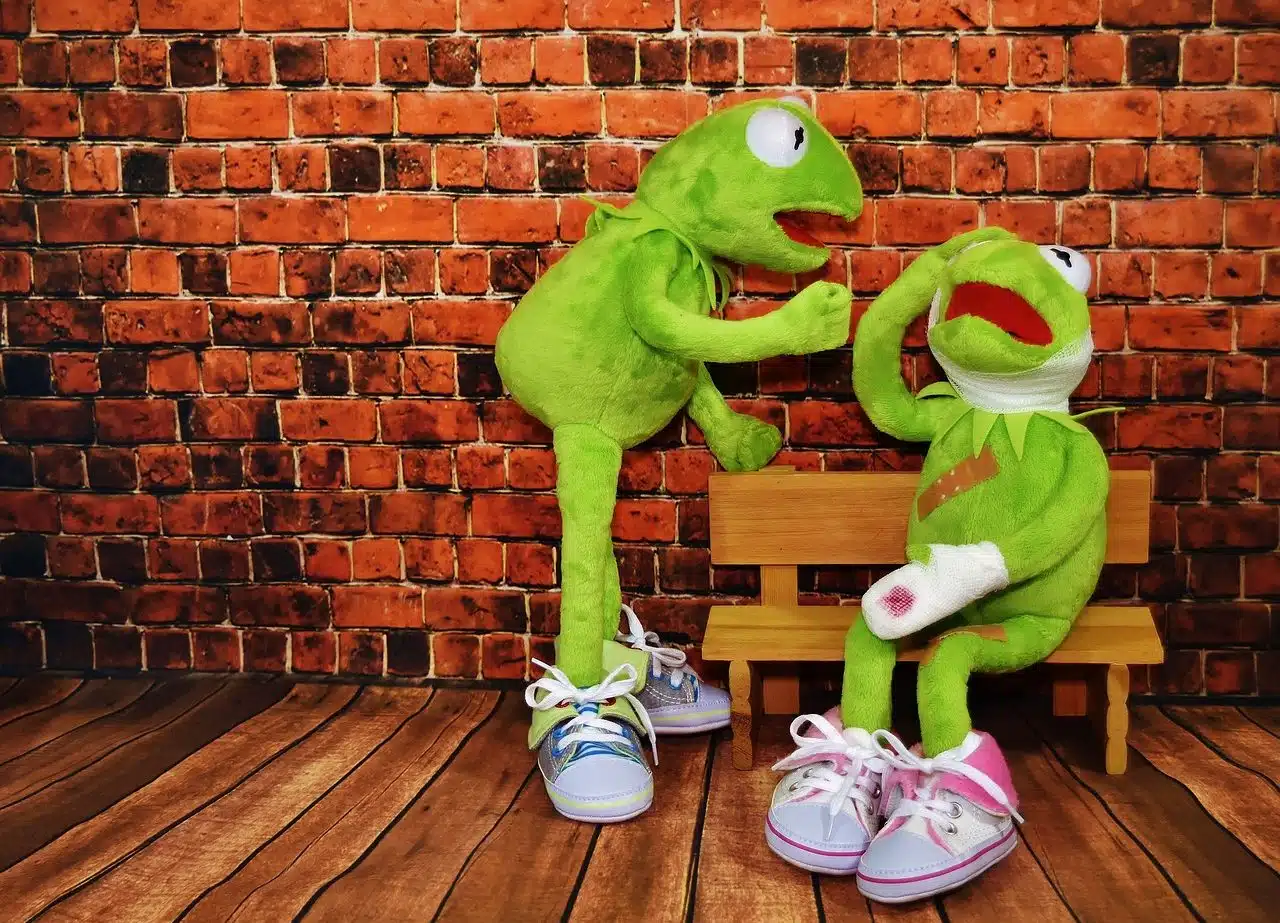
Contempt can lead to cruelty.
Contempt is a concept that refers to the absence of appreciation : that is, the lack of esteem or recognition. The term comes from the verb to despise .
The action of contempt, meanwhile, refers to disdaining or dismissing . In this way, contempt is associated with underestimation, snub, and even aversion .
Contempt according to psychology
The American Paul Ekman is considered among the most influential psychologists of the 20th century . This professional specialized in the analysis of emotions and how they are expressed through people's faces.
For Ekman , contempt is one of the basic emotions of human beings , making it universal regardless of social factors. That is why he considers that his expression on the face is expressed in a similar way in all races, ethnicities and cultures.
Contempt, in this framework, is associated with a feeling of superiority . He who despises something or someone feels that he does not need to adapt or adapt since what is despised is inferior or lacks relevance or value.
When a person reacts with contempt they are expressing their status or power . Generally, someone who despises believes they have a higher moral standard than the other and, consequently, their own position has greater value than other positions.
It could be said that an individual experiences contempt for someone who, according to their perspective , is not at their level or height . In any case, contempt for a hierarchical superior or authority can also arise.

In some cases, a mocking laugh is a manifestation of contempt.
Its function
Psychologists consider that contempt works as a defense mechanism . This emotion is triggered as part of an unconscious procedure that arises when facing a risky or annoying situation.
Through contempt, the subject opposes an external behavior that he judges as undesirable or negative . This allows you to convey your disagreement and simultaneously highlight the validity of your position.
This reaffirmation of one's own thinking and behavior is sometimes a response to criticism : one's own point of view is enhanced by reviling or invalidating the perspective of others.
Contempt as a defense mechanism also acts when envy breaks out. When wanting to have something that someone else has, contempt may appear as a means of protection against anger or sadness at not having that which is envied.

Whoever is a victim of contempt can feel everything from frustration and anguish to resentment and despair.
Negative consequences of contempt
We have already seen that contempt can function as a defense mechanism and thus contribute to survival. However, when emotion is not managed correctly, it produces negative effects on the individual.
Those who show contempt towards others on a regular or constant basis tend to be constantly judging those around them. His attempt to show his superiority leads him to aggression , with which contempt becomes maladaptive and makes social ties difficult.
On the other hand, it is common for the despised subject to feel rejection and perceive humiliation in that contempt. That can cause anything from distancing to resentment and hatred. In any case, contempt makes any type of understanding difficult; On the contrary, it promotes antipathy and hostility .
Another negative consequence of contempt is that it undermines the recognition of one's own mistakes . If one feels superior, one does not admit that one needs to modify behavior or make certain decisions to remedy damage or simply improve.
Its impact on social relations
Contempt affects the development of social relationships and interactions with the environment. Indifference and disdain make empathetic contact impossible and nullify cooperation. The person who believes himself to be superior to another usually addresses him with sarcasm and irony. Considering that the interlocutor lacks value, it can lead to lack of respect and abuse .
It can be understood how contempt acts in cases of bullying that occur in educational centers. A student who feels much stronger than others may resort to ridicule, intimidation and violence to reflect what he believes, minimizing the victims.
Beyond face-to-face or direct ties, contempt can arise from prejudice or ignorance regarding a social group, causing discrimination . Xenophobia , racism , sexism and homophobia are fueled by contempt, which promotes the exclusion of those considered "inferior" or "abnormal" .
At this point it is interesting to mention that, for philosophy, contempt is oriented toward those who are not worthy of being seen . Therefore, the despised person directly lacks existence in the despiser's conception of reality, developing an invisibility. Those who are not seen, in this context, are superfluous or unnecessary: they are superfluous in society.
self-hatred
Psychology contemplates the existence of self-hatred :: contempt for oneself. It occurs when the person is far from becoming what they would like to be, showing a noticeable separation between the real self and the ideal self.
Low self-esteem , a traumatic past, unhealthy social ties, and various psychological disorders can cause self-hatred. Someone who despises himself minimizes his successes, exaggerates his mistakes and fails to recognize his abilities and merits.
